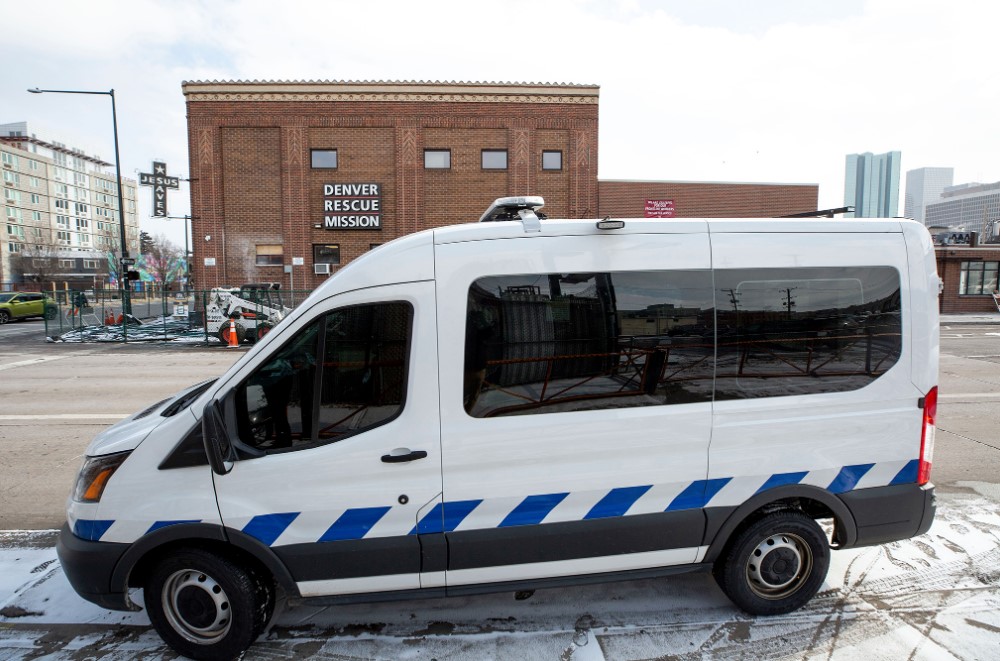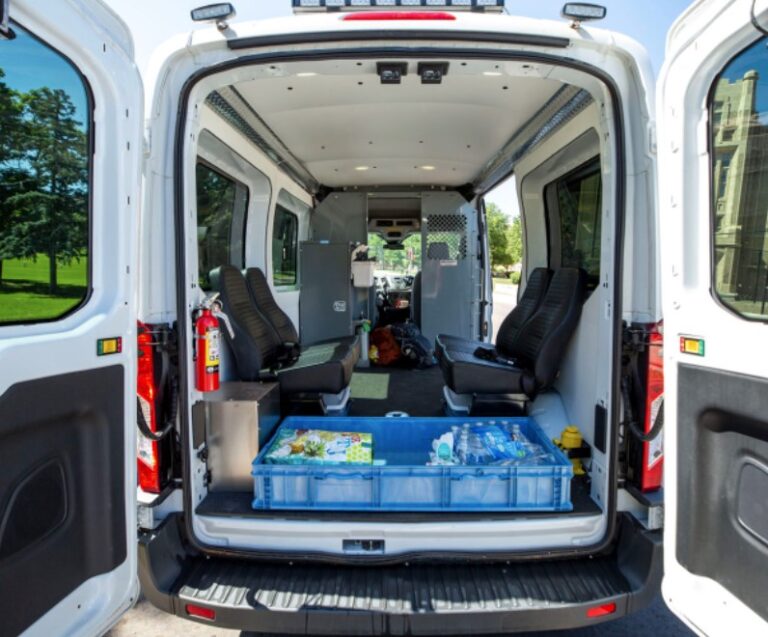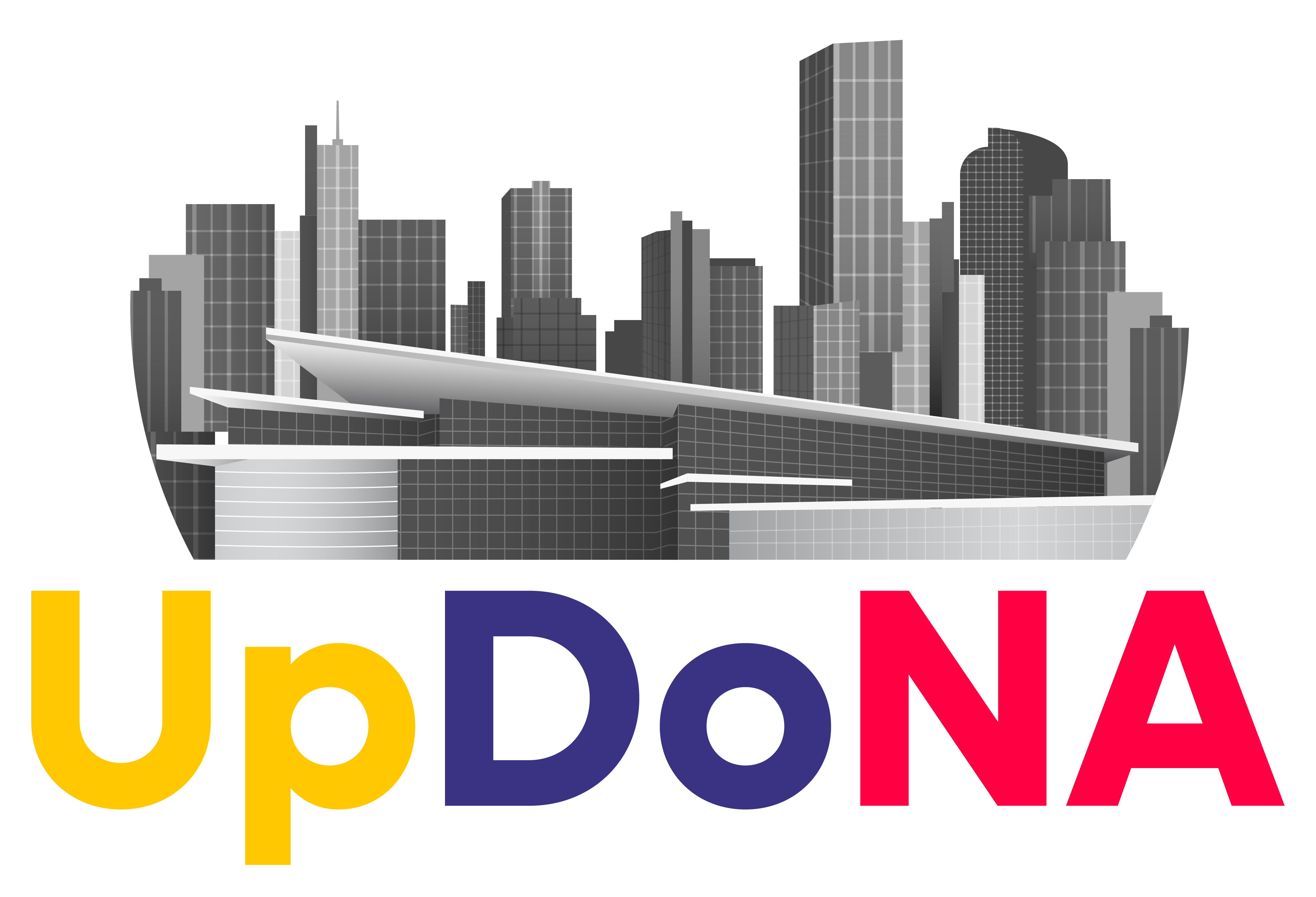On April 5, 2022, members of UpDoNA’s Safety & Quality of Life Committee met with Carleigh Sailon who is the Operations Manager of Denver’s Support Team Assisted Response (STAR) Van program. The STAR program has been in existence since June 1, 2020 and has been so well-received that the program is being significantly expanded.
The STAR program provides advantages in two primary ways. First, it frees up police department resources for calls that don’t really require law enforcement which is very important at a time when our Denver Police Department (DPD) is significantly understaffed. Second, there are many types of calls that were previously made by DPD officers that required certain skills that uniformed officers are not trained for. These are calls well suited to the STAR teams.

Concept of Operations
STAR vans operate with a team of two individuals including a mental health professional and an EMT or paramedic. They respond to a wide variety of calls, but the three main types of calls are:
- Welfare checks. If someone calls 911 expressing a concern about the welfare of a friend, loved one or a stranger on the street, a STAR team will be dispatched to check on the individual. If the person is on the street, STAR will engage with the individual. If in a building, the contact is limited to a knock on the door and a conversation with the individual. They will not force entry, but if there is reason to believe that someone is in danger, the team will call DPD to handle the situation.
- Trespassing issues. When someone is trespassing on private property, the STAR team will inform the individual that they are trespassing and told they must move. STAR has no enforcement authority, so DPD will be called in if the person refuses to move.
- When on any call regarding an unhoused person, the team will encourage them to go to a shelter and will provide transportation to the appropriate shelter for the individual or situation.
- It should be noted that the Safety and Quality of Life Committee has been repeatedly told that shelter is always available to those that will accept it. Sailon concurred and said that there has never been a time when someone wanted overnight shelter and was unable to be placed due to a lack of shelter capacity.
- Behavioral Health emergencies. This can be a wide array of situations, ranging from individuals under the influence of drugs, mental health emergencies, etc.
- For calls involving those under the influence of drugs, they will encourage the person to enroll in a drug treatment program and will suggest treatment programs and organizations to contact.
- It should be noted that Colorado law does not currently allow a person to be ordered into drug treatment, although that is one of the items being considered as a part of HB22-1326.
STAR also handles a wide variety of other calls including transportation requests, assistance to stranded citizens, provision of temporary nourishment and many others.
STAR calls are dispatched out of Denver’s 911 call center at 12025 East 45th Avenue. The 911 center receives incoming calls from the public. Based on information obtained in the call, the 911 operator will hand the call over to Fire dispatch, EMT dispatch, STAR dispatch or Police dispatch. Since STAR vans are unarmed, the operator will first seek to ensure that the call does not represent a danger to the personnel before a STAR van will be assigned to a call. 911 personnel receive three months of training before beginning work to better prepare them to properly assess the agency most appropriate for a call.

Extent of the program and reported results
There are currently three STAR vans with three more planned for introduction over the next 3-4 months. Those vans will be staffed by 10, two-person teams which will allow 24/7 operation in District 6 (District 6 is the DPD district for downtown). The mental health professionals operating on the team must have a master’s degree and must have, or be working toward certification as a licensed clinician.
Urban Institute has recently been contracted to prepare a report on the success of the STAR Program over a two year period. The report which will be released to the public shortly and semi-annual reports will be released in the future. Ms. Sailon was very free with data and indicated a few interesting pieces of information: During the month of February 21- March 21, STAR responded to 485 calls. Most of those calls did not result in an interaction adequate to warrant a medical record (which forms the basis for billing Medicaid. Of the calls where the services that were delivered were substantial enough to create a medical record, 167 unique individuals received services. Of those 167, 50% of the people (84) received transport somewhere. Of those, 30% (24) received transportation to a shelter. That shelter may have been a day shelter, a new admittance at an overnight shelter, or a place where the person had already been staying.
When the STAR program was piloted, it supported DPD District 6 only (downtown). At that time, 94% of their visits were to homeless people. Now, as the geographic area is expanding into areas with fewer homeless, only 60% of the calls deal with homeless people.
Drug Treatment Issue
While discussing drug treatment, Ms. Sailon pointed out the lack of treatment available for Medicaid patients. Medicaid does not provide the same level of reimbursement to clinics for drug treatment that private insurance or well-to-do patients provide, particularly for patients requiring inpatient care. Consequently, there are minimal inpatient drug treatment facilities in Denver for Medicaid patients. The Salvation Army’s Harbor Light facility on Champa at 21st Street is the only one we are aware of in the Denver area that provides inpatient drug treatment to Medicaid patients.

